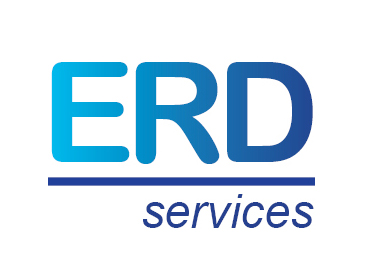AFRY: One Year After the Merger, Still Struggling on Organic Growth
AFRY Still Struggles with Organic Growth
One year after its merger with Pöyry, AFRY is still struggling. At the time of the Pöyry acquisition, AFRY, the ÅF, wanted to reignite organic growth and improve its profitability. The result is mixed.
On the profitability side, AFRY’s adjusted EBITA margin is relatively high to 9.0% (up 10 bps). AFRY continues to adjust its cost structure pursuing further cost synergies and also with the crisis.
Revenue Synergies Taking Time to Emerge
Where AFRY is truly struggling is in the organic growth area. Before the acquisition, AFRY, then ÅF, wanted to increase the weight of its high-growth Infrastructure Division and fix its ailing Energy Division. Pöyry was doing relatively well in energy but needed to fix its infrastructure unit. AFRY’s Q1 2020 results showed that the company is facing challenges in both areas.
Infrastructure Division is AFRY’s largest business unit, and its growth has slowed down from once ~+10% to +5.5% in 2019 (at CC/CS) and +1.1% in Q1 2020. AFRY is suffering in its architecture unit in Denmark, while the legacy Pöyry continues to underperform in Central Europe. Fixing Pöyry’s infrastructure business will take time, while AFRY’s main competitor, Sweco, continues to grow by 5% year after year. We don’t think AFRY can fix the Infrastructure Division in the short-term.
Energy engineering is also an area where ÅF had high expectations from Pöyry. ÅF had struggled for years in its international energy operations, and Pöyry was going to bring a critical scale outside of Nordics. The turnaround has not happened yet. Energy Division was down by 5.4% in Q1 2020, after -3.4% in full-year 2019. In Q1 2020, AFRY suffered from the end of a large EPC contract in the Philippines, showing its exposure to large deals.
Two Small Divisions Performing Well
Pöyry has brought two well-performing units. Process Industries Division has become the jewel of AFRY: its revenues were up by 13.0% at CC/CS in Q1 2020 in line with full-year 2019 (+13.0%). The trouble with Process Industries division is that it is one of the small divisions within AFRY. Management Consulting Division is also performing well, although it can be bumpy and, obviously, cyclical.
Impacted by Automotive
Finally, AFRY continues to struggle in its ER&D services unit, Industrial & Digital Solutions Division, still impacted by automotive (we estimate 40% of revenues of the division). The Swedish automotive OEMS shut their facilities during the last Friday of March, as their supply chain was interrupted. As a result, AFRY put 1,600 on furlough (and also in administrative tasks). Q1 2020 revenues were down by 8.9% at CC/CS after a soft 2019 (-1.0%), impacted by its transitioning from professional to project services and its dependency on automotive.
The Short-Term Future is Mixed
The short-term future for AFRY remains mixed. AFRY will take time to fix Infrastructure, Industrial & Digital Solutions, and Energy Divisions. And the small Management Consulting Division is cyclical and should decline sharply in Q2 2020. AFRY is now running on one engine.
